News
-

Endurance running, celebrated globally on 7 June as Running Day, exemplifies a unique physiological stress that reverberates from skeletal muscle to the lumen of the gastrointestinal tract. The repetitive mechanical loading of distance running, coupled with sustained cardiorespiratory demand, elicits systemic adaptations that extend well beyond cardiovascular and musculoskeletal domains. Emerging research demonstrates that these…
-
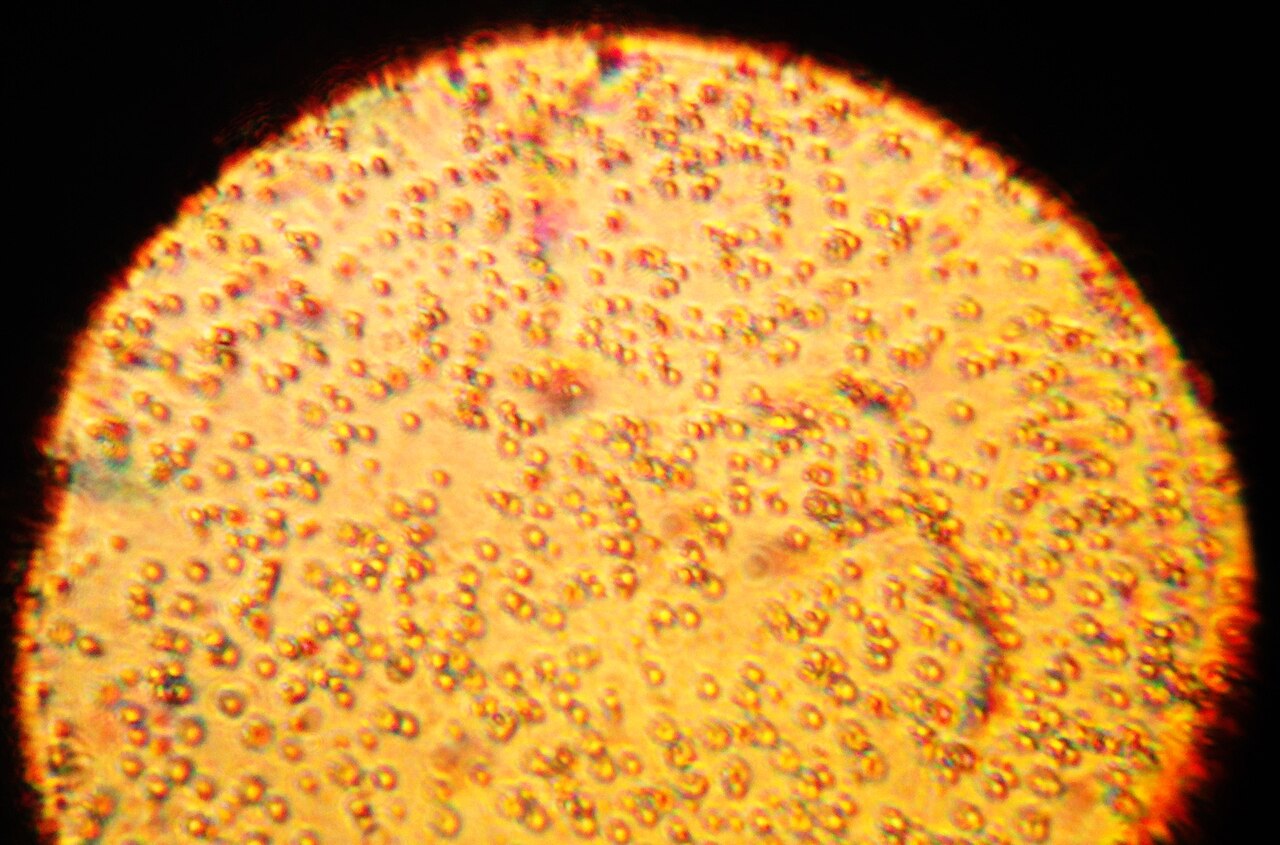
As the world celebrated World Milk Day on 1st of June this month, scientific discourse turns toward milk’s evolving role beyond nutrition – as a modulator of gut microbiota and a potential cornerstone of precision nutrition. While milk has traditionally been consumed for its macro- and micronutrient content, recent evidence suggests it also functions as…
-

In situations where breastfeeding is not possible or breast milk supply is insufficient—especially for preterm infants—infant formula is the most suitable alternative to ensure proper nutrition. Today’s formulas are carefully developed to closely resemble the nutritional composition of human milk, supporting healthy growth, immune function, and organ development. It’s also important to recognize that infant…
-

The infant gut microbiota – a bustling ecosystem of bacteria, fungi, and other microbes – begins to take shape in the earliest days of life. While birth mode and feeding practices are well-known influencers, a growing body of research shows that ethnicity and culture also play pivotal roles in shaping this microbial landscape. These early…
-
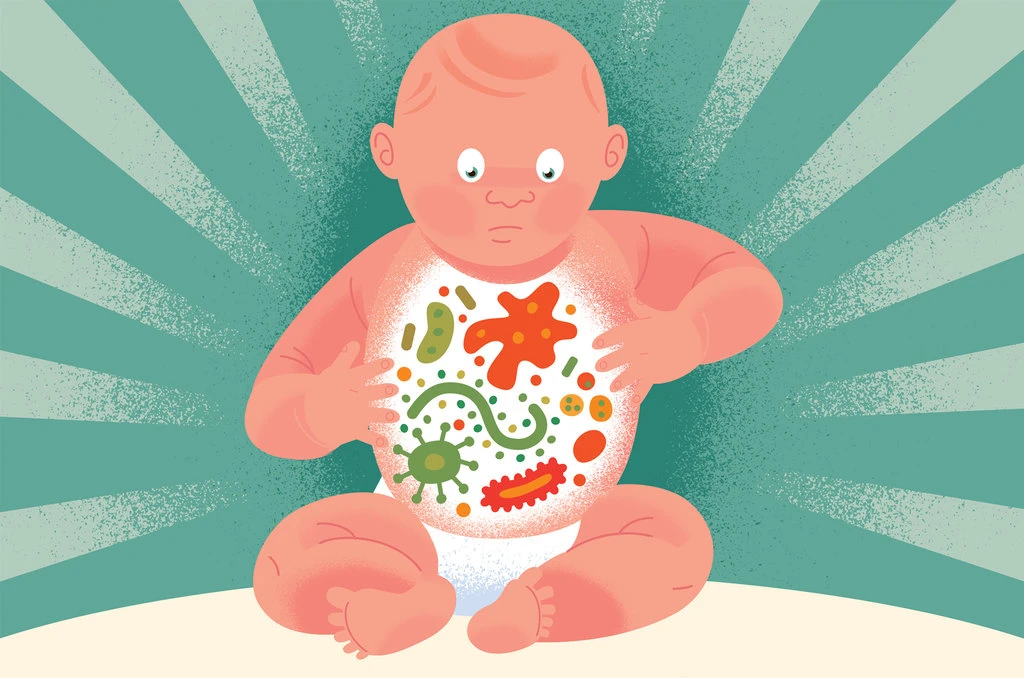
The infant gut microbiota is a dynamic ecosystem that significantly influences immune development, nutrient metabolism, and overall health. Disruptions in this system, such as those caused by antibiotics or cesarean delivery, may be counteracted through targeted nutritional interventions using prebiotics, probiotics, and synbiotics. Prebiotics are nondigestible dietary fibers that selectively stimulate the growth of beneficial…
-
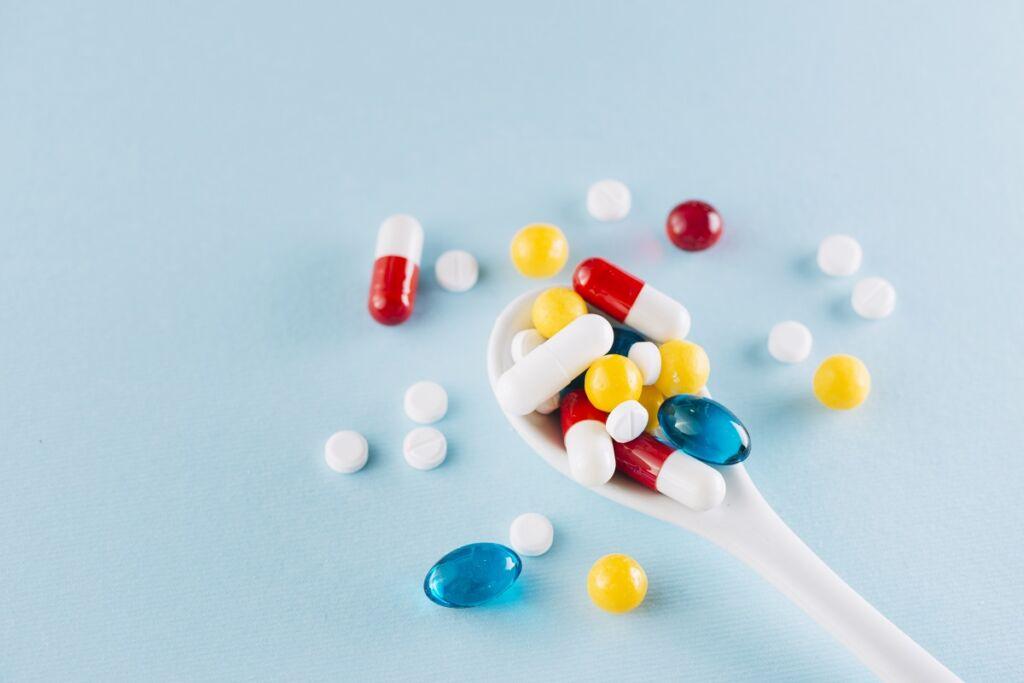
The human gut microbiota begins forming at birth and continues evolving through early childhood. This microbial community plays a critical role in digestion, immunity, and metabolic processes. However, early-life exposure to antibiotics, particularly during the neonatal period, can significantly disrupt this delicate microbial balance, leading to long-lasting health consequences. Antibiotic administration during infancy, especially in…
-

The establishment of the gut microbiota during infancy is one of the most critical processes influencing human health across the lifespan. Early microbial colonization is deeply intertwined with immune system development, shaping immune tolerance, pathogen resistance, and metabolic processes. The type of birth, feeding method, environmental exposures, and antibiotic use all play pivotal roles in…
-
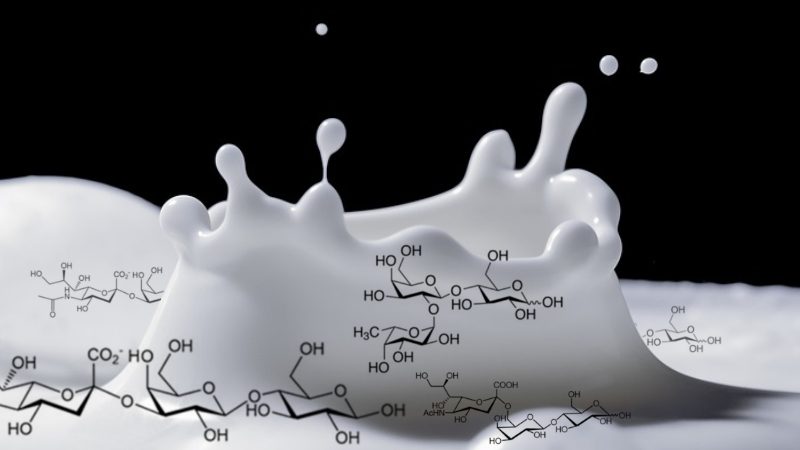
Human Milk Oligosaccharides (HMOs) are powerful bioactive molecules that play a critical role in infant health, from gut microbiota development to immune protection. As the fourth most abundant component in human milk, after lactose, lipids, and proteins, HMOs provide essential benefits that cannot be replicated by standard infant formula (Bode, 2012). HMOs are not static;…
-
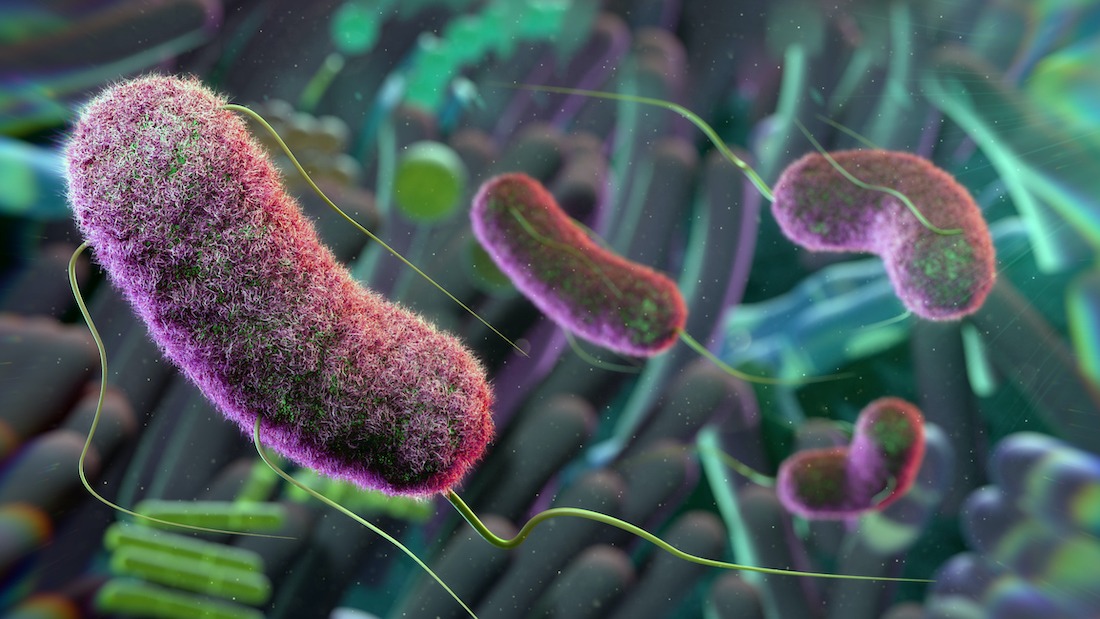
The infant gut microbiota plays a crucial role in shaping the immune system, influencing how the body responds to infections, allergies, and chronic diseases later in life. From birth, an infant’s microbiome begins developing, influenced by factors such as mode of delivery, type of feeding, antibiotic exposure, and maternal health. These factors determine whether the…
-

As scientific understanding of infant nutrition deepens, infant formula is evolving to more closely resemble human breast milk. The future of infant formula includes bioactive ingredients, genetically engineered components, and advanced prebiotics and probiotics, aiming to improve digestive health, immune function, and cognitive development. Although infant formula provides essential nutrients, it lacks many bioactive compounds…
